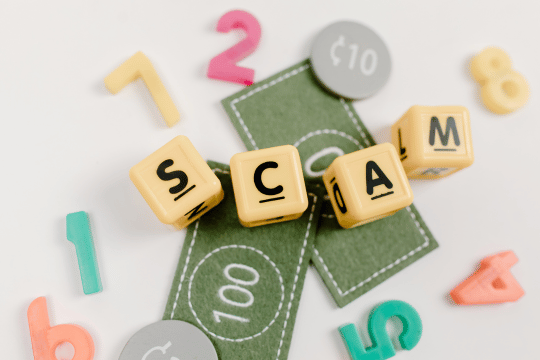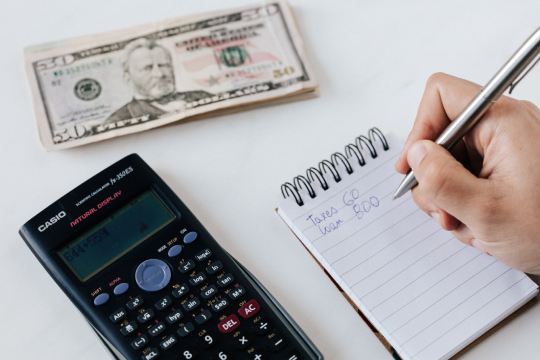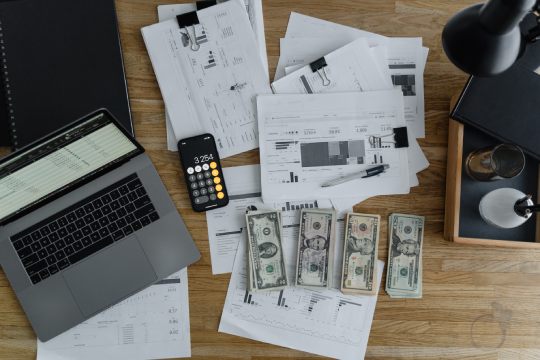Not an unfamiliar word, the term ‘Emergency Fund’ is quite often tossed around in any and every finance blog, advice, video and more. Why? Because it’s just THAT important. Though the meaning, usage and basic understanding of emergency fund is hinted at and well, pretty evident by the name itself, there’s much more to it.
Dive in into this read to get the taste of the know-hows, ins and outs, basically all you need to know about Emergency Funds to walk the road to a financially secure and well prepared for future.
Firstly, Emergency Fund – what is it?
Simply bifurcating the term gives us pretty much of an accurate idea of what an Emergency Fund is. It is a fund, also can be understood as –a reserve, personal budget or simply a portion or stash of money that’s kept aside to provide for any emergency or unexpected expense. Acting and widely regarded as a safety net, it equips one for the uncertainties of life and the following financial requirements.
A few instances for the said ‘unforeseen situations’ could be medical emergencies, sudden unemployment (loss of job or primary source of income), bigger repairs such as of car or home, etc. These expenses are once in a blue moon occasions that can almost never be predicted, are often not accounted for when budgeting on an everyday basis, are accompanied by a sense of immediacy/urgency and worse— could (usually) cause stress and panic due to the need of a rather quick response.
Um, then how much money should be set aside for the emergency fund?
Unlike what a simple Google search will teach you, there’s no one universal formula or set digits for this, there’s logic though. Let’s look at that?
To reach the amount you must save periodically – say monthly, to build the right (for you) kind of emergency fund, begin by first determining the amount of emergency fund that you should have, all together. Now with the basic funda in mind that the fund is to account for big emergencies, it’s said and only natural to look at an amount that can help you get through a couple of months, i.e. amount ideally equal to your income for 6-12 months. Based on your monthly income ascertain this figure and remember to the bigger round of or keep a little extra margin, just to be on the safer end. Once done with that, look back into your present financial behaviour – how much you’re earning and the amount you’re saving. Get a rough idea of how much of this amount you can set aside for the emergency fund. Now compare this amount with the amount you ‘should’ be, as calculated before, keeping aside (for the emergency fund on a monthly basis.)
This long yet logical brain workout will leave you with just the right amount, the time frame to reach to it and more importantly both that are suitable for you. Though again, emergencies revolve around unpredictability and all these calculations are based on assumptions that things are sailing as smooth and same as currently, and no sudden expense has been incurred. Keeping this in mind, let your emergency fund always be greater than the amount you think you may need in an emergency instead of it falling even a slight short.
- Determining all the right figures doesn’t equal an easy start. These numbers could or could not look overwhelming or unreasonable in light of your at present situation. But it all starts with baby steps and something’s always better than nothing. The key? To simply get started!
Where to invest or keep the emergency fund?
And what to keep in mind while at it?
Finally, at a stage where you have begun saving and building your emergency fund, brings in another road stop – where to actually keep or park the money? It’s a prevalent ‘right and ideal’ thing to do to appropriately invest the concerned money. Now, first things first, you’d want to stay steer clear of investing avenues that are risky (Hint: “mutual funds are subjected to market risk…”).
Detach yourself from the intention of taking home big as you risk what you have and play the safe game here, where the mind-set is to keep what you have extremely safe while you explore ways to grab decent additional. Now you wanna go for places that are easily & conveniently accessible at the needy times but very importantly, far enough, figuratively, to not give into your splurge episodes.
- Another reminder, make sure to not let your temporary temptations/spends or splurge episodes reach or hamper your set aside savings as an emergency fund. The seriousness and essentiality of these is much higher and deeper.
An experts’ recommended option is the Savings Bank Account. A savings account is easily the most appropriate space for your emergency fund. Safe and a liquid option, it allows convenience to access the fund whenever needed, while it bears a good interest.
Other options that could make a nice home for your emergency savings could be:
- Term Deposits
- Floating Rate Funds
- Liquid Funds
- Overnight Funds
- A Prepaid card
Conclusion
Emergencies of any sort are neither something you see coming nor anything you can control, but what you do have in your hands is the way you prepare for them. Emergency fund can be the shoulder you turn to and your biggest help at the worst of the times. We believe there is no reason solid enough for anyone to not have an emergency fund. Now, post read, that you are fairly familiar with emergency fund, you must start building yours as soon as you can!











